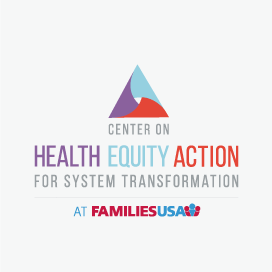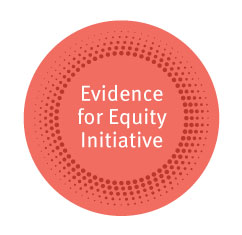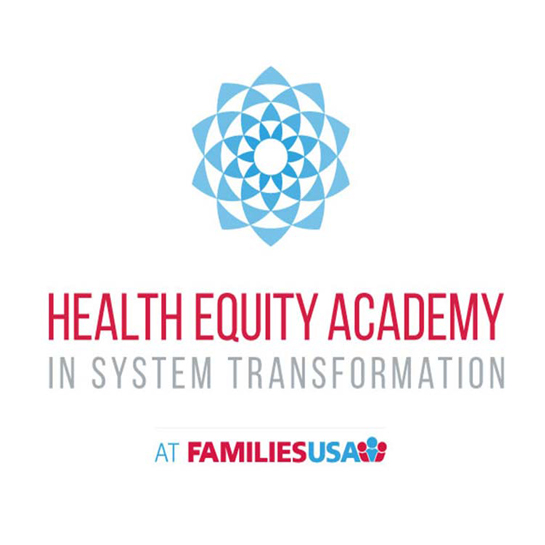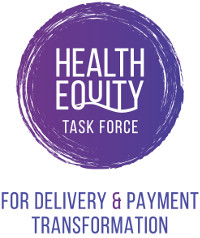Community Health Worker Sustainability Initiative
Families USA has launched The Community Health Worker Sustainability Initiative to expand the use of community health workers (CHWs). The Initiative will promote strategies for securing sustainable funding for CHW programs and better integrating CHWs into the health care system.
Who are community health workers?
Community health workers (CHWs) are trusted members of their communities who, because of their relationships and training, are able to effectively provide education and support to improve the health of individuals, families, and communities as a whole. CHW is an umbrella term for a variety of roles including: promotores, peer educators, and many others. Regardless of their job title, CHWs have in common a community-based approach to improving the well-being of people and communities. They can provide a wide range of services, such as (but not limited to): helping people buy health insurance, providing preventive services, helping manage chronic conditions, leading community-level health education classes, and connecting families to needed social and community services. CHWs work in clinics, people’s homes, schools, and other community settings.
CHWs can improve people’s health, reduce costs, and decrease health disparities
For many communities, staying healthy and accessing necessary care can be a lot more complicated than just getting health insurance. Millions of people struggle with achieving their optimal health due to social determinants of health. This is particularly common in many communities of color, which continue to be affected by serious health disparities. CHWs are a proven and powerful way to address these issues by improving people’s health, reducing health care costs, and decreasing health disparities.
What are social determinants of health?
“Social determinants of health” are the conditions in which people are born, grow up, live and work that affect their health and quality of life. For example, socioeconomic status, race, discrimination, exposure to violence, English language proficiency, access to healthy foods, segregation, housing quality, and environmental conditions can all have a positive or negative impact on health.

Why are CHWs so effective?
CHWs help address the many non-clinical factors that influence a person’s health, such as housing, education, literacy, low income, language barriers, and racism. They serve as a bridge between their communities and the health care and social service systems. As trusted members of the community, they are better positioned to understand and help people overcome the barriers to accessing care and maintaining good health. This can be especially valuable in communities of color and other underserved communities that tend to experience more barriers to care and unmet social needs. CHWs succeed by linking people to health care and social services, and by providing culturally competent and language-accessible health education, care coordination, and patient and caregiver support.
Lack of sustainable funding for community health workers is an enormous lost opportunity
Despite CHWs’ proven effectiveness, there remains a public lack of understanding of their distinctive role and value. In addition, the absence of long-term, sustainable funding to support them has prevented greater inclusion of CHWs in the health care system. This represents an enormous lost opportunity—providers fail to take advantage of CHWs’ unique expertise and skill set to provide higher quality, person-centered services to their patients, while people and communities miss out on improved health that can result from working with CHWs.
CHW Collaborative Links
To join the CHW Sustainability Initiatives’ e-mail list or if you have any questions, please contact us.
Contact Uskey resources

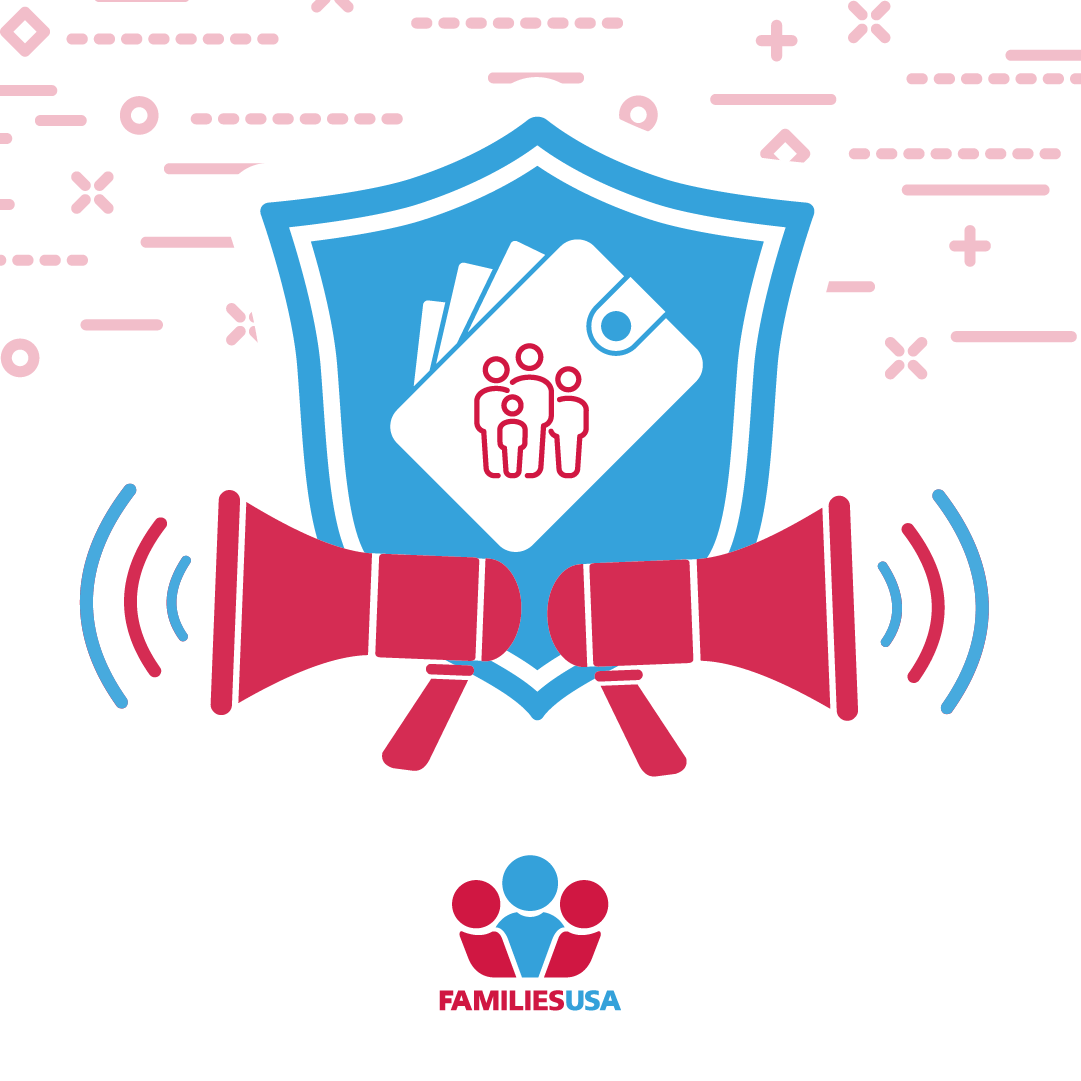
Proposed Health Insurance Premium Increases: A Call to Action for Advocates
08.26.2024 / Insights Column

Meeting Consumers Deepest Health Care Needs: A Call for True Payment Reform
01.17.2024 / Analyses


